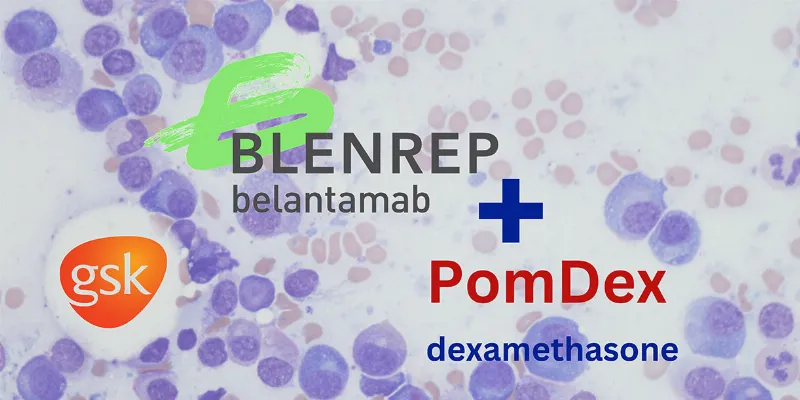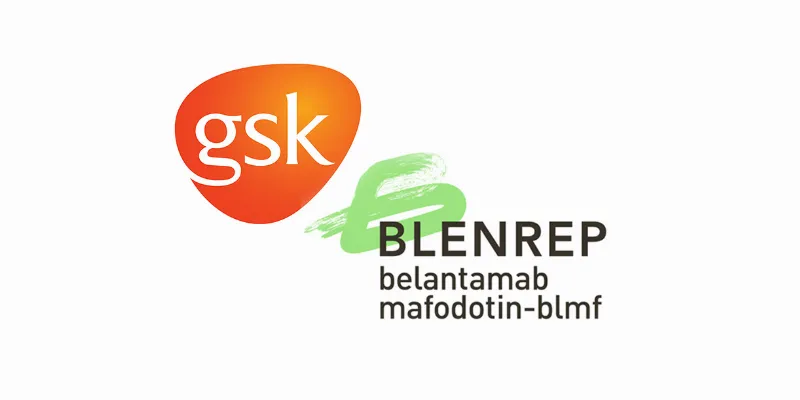DREAMM-8 Trial: Blenrep Reshapes Treatment of Multiple Myeloma

7 March 2024
GSK has announced promising results from the DREAMM-8 phase III trial, showing that Blenrep plus PomDex significantly improves progression-free survival in patients with relapsed/refractory multiple myeloma compared to standard care. The trial highlights Blenrep's potential to change treatment paradigms fundamentally. GSK plans to discuss these findings with regulators, aiming to advance treatment options for this challenging form of cancer.
The DREAMM-8 trial was notably unblinded early due to its promising results at an interim analysis, following a recommendation by an Independent Data Monitoring Committee (IDMC). The reason: Blenrep (belantamab mafodotin) plus PomDex (pomalidomide and dexamethasone) showcased a statistically significant and clinically meaningful improvement in progression-free survival (PFS) compared to the current standard of care.
Hesham Abdullah, Senior Vice President, Global Head Oncology, R&D at GSK, expressed optimism about the findings. “The results seen in both DREAMM-7 and DREAMM-8 provide strong clinical evidence of the robust efficacy shown with belantamab mafodotin in use with standard of care combinations. We now look forward to discussing these data with regulators. If approved, we believe these combinations have the potential to redefine the treatment of relapsed or refractory multiple myeloma and advance the standard of care.”
DREAMM-8 is the second phase III head-to-head trial featuring belantamab mafodotin to report positive outcomes, demonstrating consistent efficacy across different studies. This aligns with the positive findings from DREAMM-7, presented at the American Society of Clinical Oncology (ASCO) Plenary Series earlier this year, further solidifying the drug's potential in multiple myeloma care.

A total of 302 participants were enrolled in DREAMM-8, with an even randomization between the two treatment arms. The primary measure of the trial's success was progression-free survival (PFS), with secondary endpoints including overall survival (OS), overall response rate, duration of response, minimal residual disease negativity, safety profiles, and patient-reported outcomes related to quality of life.
Implications for Future Treatment
The positive outcome of the DREAMM-8 trial represents a critical milestone in the fight against multiple myeloma. By showcasing a significant extension in the time to disease progression or death, belantamab mafodotin plus PomDex could potentially become a new standard of care for patients with relapsed or refractory multiple myeloma.
The data from this trial, soon to be discussed with regulatory authorities, may pave the way for the approval of a therapy that not only offers a significant clinical benefit but also aligns with the high unmet medical need for efficacious and manageable treatments with differing mechanisms of action.
About the DREAMM-8 Trial
The DREAMM-8 phase III clinical trial represents a pivotal study in the field of multiple myeloma research. As a multicentre, open-label, randomized trial, it compared the efficacy and safety of belantamab mafodotin in combination with PomDex against a regimen of bortezomib and PomDex in a cohort of patients with relapsed/refractory multiple myeloma. These patients had previously undergone at least one line of therapy, including a lenalidomide-containing regimen, and had documented disease progression.











Comments
No Comments Yet!